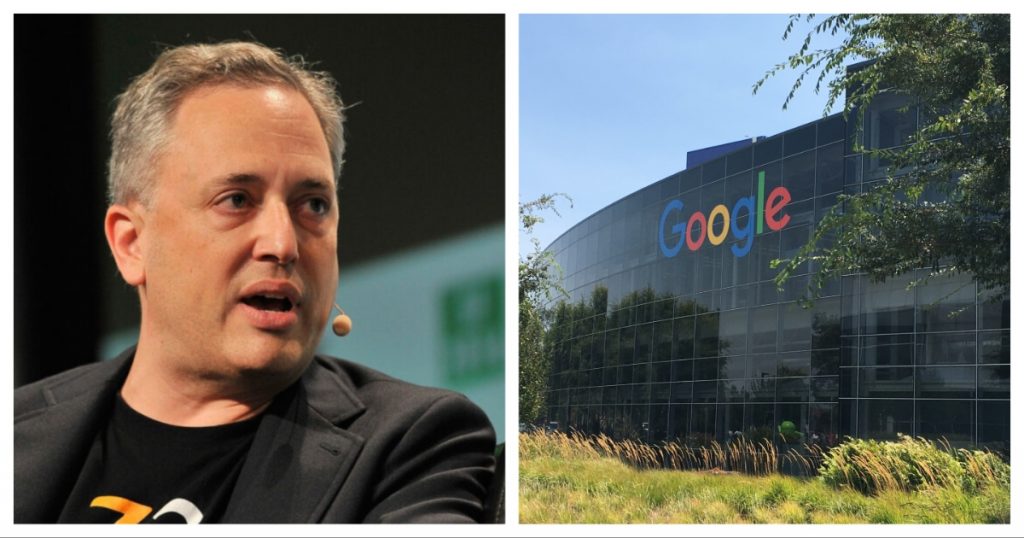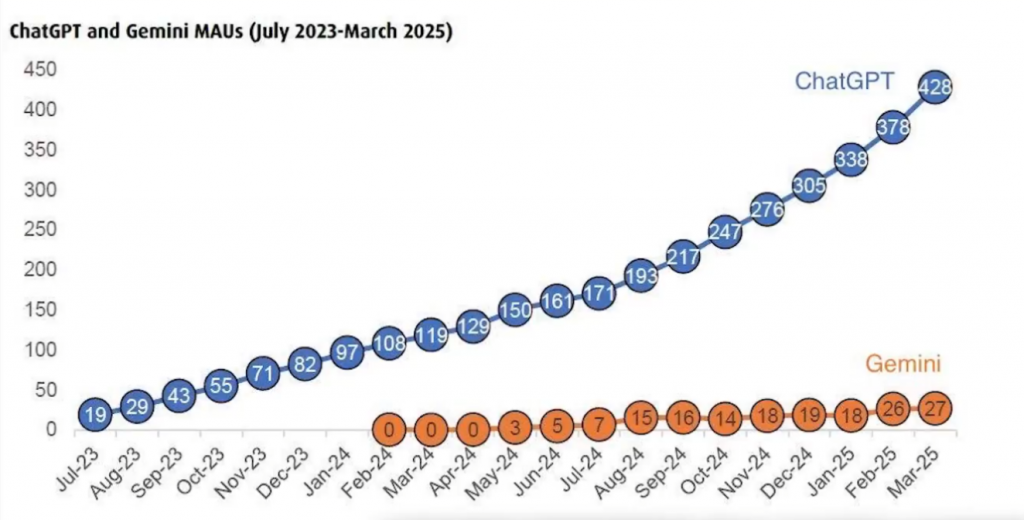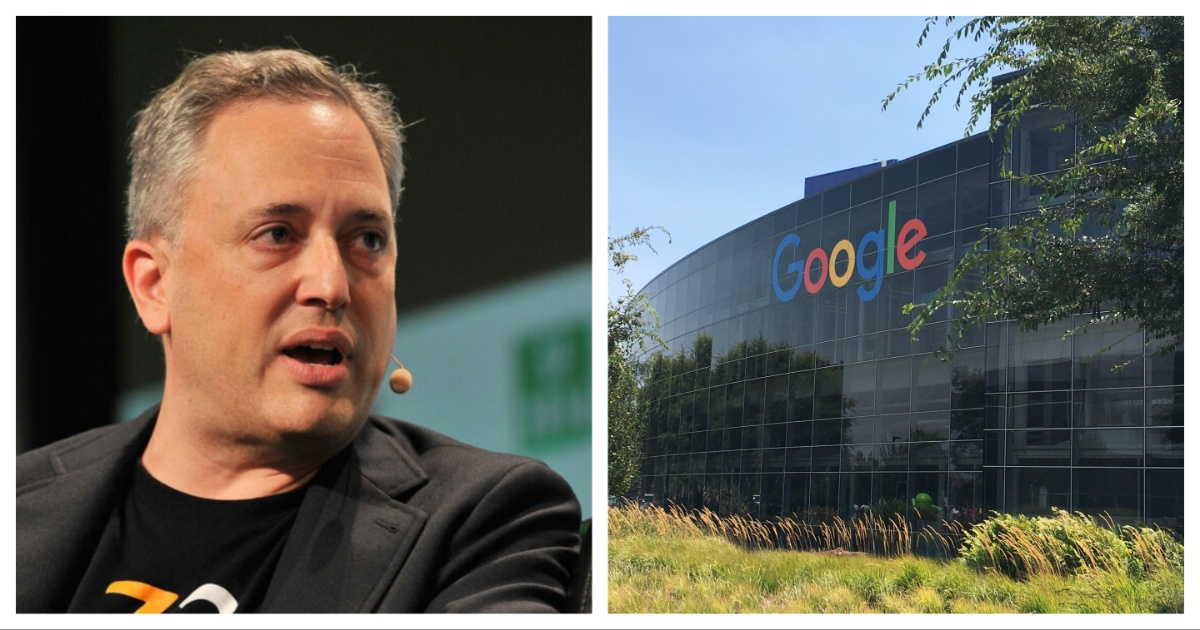Google has arguably created the best AI model in Gemini 2.5 Pro, but the Gemini product itself hasn’t caught on nearly as much as ChatGPT. And there might be an interesting reason why.
David Sacks, host of the All-In Podcast and White House AI and crypto czar, has offered an explanation for Google’s struggles with Gemini. In a discussion about the competitive landscape of large language models on the podcast, Sacks highlighted what he believes is a classic innovator’s dilemma facing the tech giant. His analysis touched upon the inherent conflict between protecting a highly profitable existing business and the need to embrace potentially disruptive new technologies.

“I think the problem that Google has with respect to ChatGPT is that Gemini is not getting the usage and ChatGPT is growing like crazy,” Sacks stated. “If you look at how these models perform according to the benchmarks, Gemini is actually really good. I mean Gemini has made substantial progress. It’s actually up to ChatGPT, but they have not caught up on the usage side.”

He continued, outlining a potential, yet risky solution: “Now you could just make Gemini the default interface in Google search, but that is true innovator’s dilemma because if you do that you could be giving up more than half this search revenue. So I do think Google is in a really tough spot and the longer they wait to make Gemini front and center the worse this usage problem gets.”
Sacks then explained the implications of inaction: “What’s happening right now is users are learning to go to ChatGPT to get their questions answered or just searches answered in a completely different way.”
Fellow panelist Chamath Palihapitiya said that Google wasn’t doing all it could to make Gemini more popular. “They make using Gemini impossible and they can just a much better job. At a minimum give the best leading edge Gemini model to the 270 million people that are already paying you for [a Google One] subscription. Just do that! Do something so that you can start to blunt the growth of OpenAI. Otherwise, you’re going to look back in four years and regret [the inaction]” he said.
Sacks’s argument centers around the idea that Google’s dominance in search, and the immense revenue it generates, is preventing the company from fully embracing Gemini. Making Gemini the default search interface, while potentially accelerating its adoption and improving user experience, risks cannibalizing Google’s core business. This is the classic innovator’s dilemma: established companies struggle to adopt disruptive innovations because they threaten their existing, profitable businesses.
The longer Google hesitates, Sacks argues, the more entrenched user habits will become. As users increasingly turn to ChatGPT and other AI-powered platforms, Google risks losing not just market share, but also the valuable data that fuels its AI development. The suggestion to at least offer the best Gemini model to Google One subscribers represents a low-risk, high-reward strategy to begin building a user base and gathering valuable feedback. The history of tech is littered with companies that dealt poorly with the innovator’s dilemma — Kodak had developed digital cameras, but didn’t popularize them because it thought they would cannibalize its digital films business, and Blockbuster was slow to adopt video streaming because it would hit its DVD rental business. Google is now similarly positioned against OpenAI, and would need to do all that it can make sure it doesn’t fall into the same trap.
